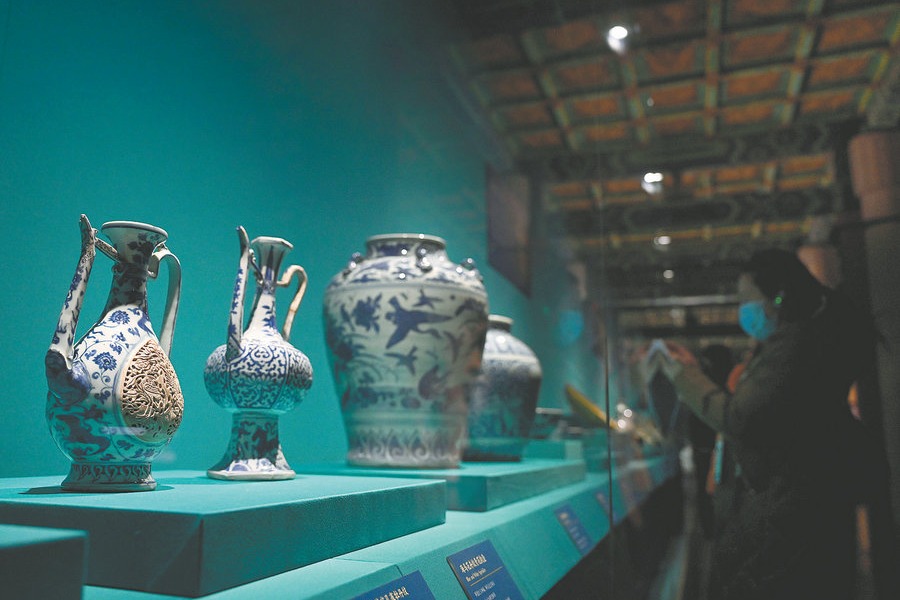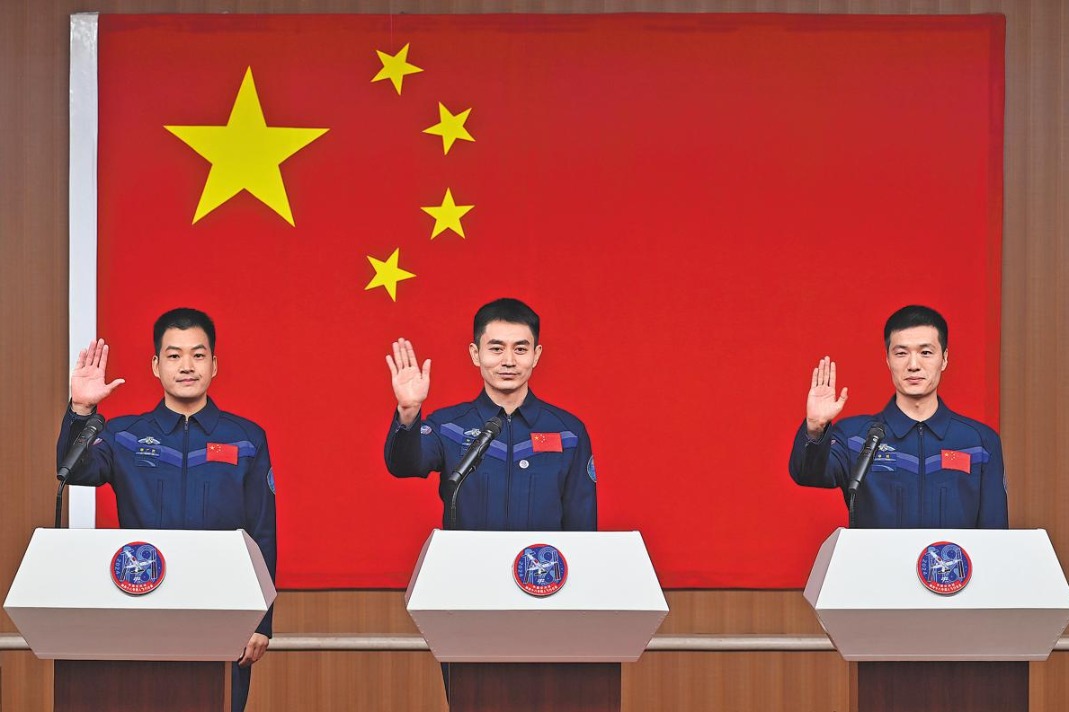Xi’s visit bolsters China-Africa relations


Ahead of the 2018 BRICS Summit, President Xi Jinping visited five nations in the Middle East and Africa and signed documents related to China’s Belt and Road Initiative. This marked the opening of another “new chapter of relations between China and Africa” and cemented China’s role as one of the continent’s closest economic and diplomatic allies.
The visit follows the China-Arab Cooperation Forum, where Middle Eastern nations agreed to deepen their relationship. The visits to promote the further deepening of political mutual trust, mutual development assistance, mutual learning of each other’s concepts between China and Africa, and the building of a closer China-Africa community of common destiny. The African side is highly consistent with China in the direction and philosophy of its foreign policy and stands ready to work together with China.
China’s foreign policy in Africa is clear; its policy displays restraint, cooperation, and a common future of the destiny of mankind between both developing entities. As the African Union draws up an ambitious blueprint, Agenda 2063, for Africa’s next five decades of development. China is working hard to realize the Chinese dream of the great rejuvenation of the Chinese nation. With both sides facing the task of attaining modernization, China-Africa relations have entered a new period of development that promise to blossom into even more splendor.
Having said that, China’s fascination with Africa is not hard to see. Since the millennium, China-Africa trade has been soaring at about 20 percent per year. According to a recent McKinsey report, there are over 10,000 Chinese-owned firms operating in Africa – four times the previous estimate – and about 90 percent of them are private firms, of all sizes and operating in diverse sectors. As such, foreign direct investment has grown even faster over the past decade, with a breakneck annual growth rate of 40 percent. According to Africannews report, China has invested in 293 FDI projects in Africa since 2005, totaling an investment outlay of $66.4 billion and creating 130,750 jobs. Still, on the McKinsey report, Chinese firms could amass combined revenues of $440 billion in 2025, about twice those of Apple in 2016 and more than double the $180 billion they generated in 2015. China’s financial flows to Africa are 15 percent larger than official figures propose when nontraditional flows are included, making China a large and fast-growing source of financial assistance and the largest source of construction financing. Currently, Chinese money is funding a 1,400 km railway in Nigeria, a highway in Algeria, and new cities in Egypt and South Africa. Already, Chinese-built infrastructure – telecommunication networks, power stations, railways, dams, harbors and roads – is speedily transforming the physical appearance of Africa. Also, Chinese-financed educational programs and media outlets have increased in size and it is increasing and redefining China’s influence over young Africans.
Based on 2015 Johns Hopkins University data, China’s top 10 FDI destinations in Africa include Algeria, $2.53 billion; Nigeria, $2.38 billion; Ghana, $1.27 billion; Sudan, $1.81 billion; Democratic Republic of Congo, $3.24 billion; Tanzania, $1.14 billion; Angola, $1.27 billion; Zambia, $2.34 billion; Zimbabwe, $1.80 billion; and South Africa, $4.72 billion, without Rwanda and Senegal. So, at first look, Rwanda and Senegal seem unusual choices given they do not receive a large amount of investment from China nor are they large nations in terms of population. But Rwanda has a key position in the Belt and Road Initiative, China’s worldwide trade and investment initiative, which aims to boost economic connectivity between Asia, Europe and East Africa. Rwanda is hoping to integrate itself into the burgeoning railway network in East Africa, as part of the Belt and Road Initiative.
China's ever-closer bilateral ties with Africa is a natural result of the Chinese leadership’s decades-long cultivation of cooperation with Africa, dating back to the early days of the 1950s. So, Xi Jinping's visit to these African nations, which is consistent with the natural tradition and result of Chinese leadership, indicates how the Chinese leaders are “sharing their diplomatic love” across the continent, to show that the Chinese people will always honor their commitment and work together with Africa to upgrade China-Africa relations. This is massively appreciated in most African nations. The high degree of economic complementarity and frequent investment and commerce have connected the two sides in an inseparable bond that leverages their respective strengths. The importance of Africa in China’s diplomacy has been consistent, the Belt and Road Initiative has only accentuated the role of Africa even more.
China has made great efforts to distinguish itself from the West, politically and economically. China explicitly rejected the Afro-pessimism that had portrayed an increasingly ‘hopeless continent’ in need of paternalistic enlightenment. China “portrays Africa in a positive light” and emphasizes similarities, such as “common prosperity and shared ‘development nation’ status” rather than assume a paternalistic role and resort to terms such as “development assistance” and “language of aid”. This complements nicely the importance of humbleness in Chinese culture. The good grace and emphasis on humbleness are more effective in building stronger, tighter relationships because it neither elevates one partner above the other nor allows for biased ethnocentrism – at least on a public level. This is the outstanding aspect of China-Africa cooperation, which is emphasizing an equal relationship based on shared prosperity.
Corkin said that “Africa-China cooperation should be seen as a ‘marriage of suitability’ between both parties rather than an explicit form of neo-colonial exploitation”. One thing we all need to agree on, however, is that the Chinese leadership's commitment to Africa should be seen as “unfathomable and extensive” – as mirrored by Chinese leaders’ frequent visits, contrary to America's relative dearth of attention to much of the continent.
The author is the Executive Director of the Center for Nigerian Studies at the Institute of African Studies, Zhejiang Normal University.


































